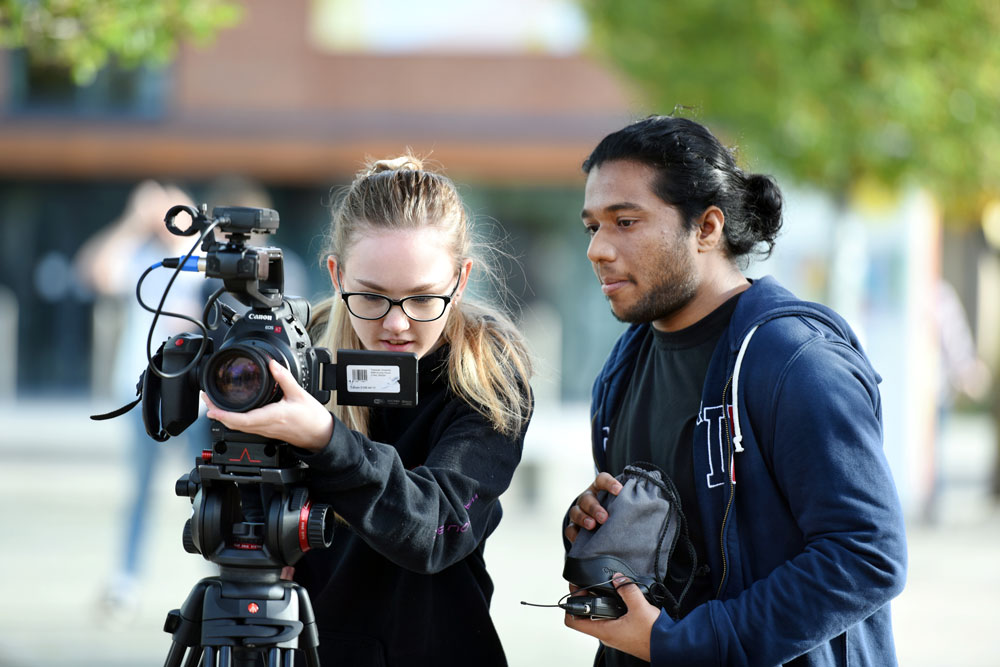I really struggled with exams at college – they didn’t suit my learning style and I know I’m not alone in that. I hit my stride at university, thanks to studying a course that was taught more practically. Different universities teach in different ways, so a course could be more theoretical at one university than another. With that in mind, here are some benefits of studying a practical degree.
No exams
At college, I was a pretty average student. I got low passes in exams but excelled in coursework. At university, I found a course that better suited my learning style and graduated with a first-class honours degree without stepping foot in an exam hall. My course was assessed entirely through coursework, which meant I still wrote essays but in a much more relaxed setting. I could take my time, research and redraft my written work, and better think through and formulate my essays. I also had practical assessments, allowing for my performances to be assessed rather than having to sit at a desk and complete a written exam. University showed me I didn’t need to be an exam person to succeed.
More time in workshops and labs
Now, more than ever, university is all about value for money. And you really can’t gage that based entirely on a lecture room taught course. Working regularly in labs, studios and creative spaces allows you to really see where your tuition fees are being reinvested across the university. Across the UK, universities are starting to realise this and invest in practical software for students to get hands-on experience. It’s worth coming to an open day to see the facilities your course offers, and if you can see yourself learning in that environment.
Different learning styles
Recent research has shown that there are a variety of ways in which different people learn. It’s no longer accepted that everyone learns the same way, by sitting down and listening to a teacher speak. Instead, students are encouraged to explore their learning styles. You could be a practical, visual or verbal learner, so it’s important to find a course that suits your own learning style. You might find that you’re better suited to a practical course than you initially think.
Ultimately, you should choose the course that best suits you at the university that best suits you. Make sure you do your research, find out the module content and assessment style, then book an open day.
Speak to academics about the course and tour the facilities. And get a better look at the learning spaces and what support is available to you.
By Oli Welham




